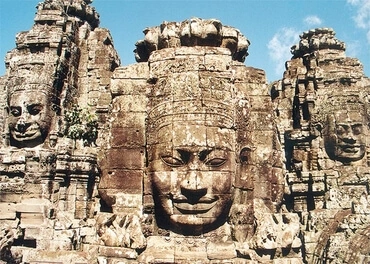1
When Israel was a child, then I loved him, and called my son out of Egypt.
2
As they called them, so they went from them: they sacrificed unto Baalim, and burned incense to graven images.
3
I taught Ephraim also to go, taking them by their arms; but they knew not that I healed them.
4
I drew them with cords of a man, with bands of love: and I was to them as they that take off the yoke on their jaws, and I laid meat unto them.
5
He shall not return into the land of Egypt, but the Assyrian shall be his king, because they refused to return.
6
And the sword shall abide on his cities, and shall consume his branches, and devour them, because of their own counsels.
7
And my people are bent to backsliding from me: though they called them to the most High, none at all would exalt him.
8
How shall I give thee up, Ephraim? how shall I deliver thee, Israel? how shall I make thee as Admah? how shall I set thee as Zeboim? mine heart is turned within me, my repentings are kindled together.
9
I will not execute the fierceness of mine anger, I will not return to destroy Ephraim: for I am God, and not man; the Holy One in the midst of thee: and I will not enter into the city.
10
They shall walk after the LORD: he shall roar like a lion: when he shall roar, then the children shall tremble from the west.
11
They shall tremble as a bird out of Egypt, and as a dove out of the land of Assyria: and I will place them in their houses, saith the LORD.
12
Ephraim compasseth me about with lies, and the house of Israel with deceit: but Judah yet ruleth with God, and is faithful with the saints.








